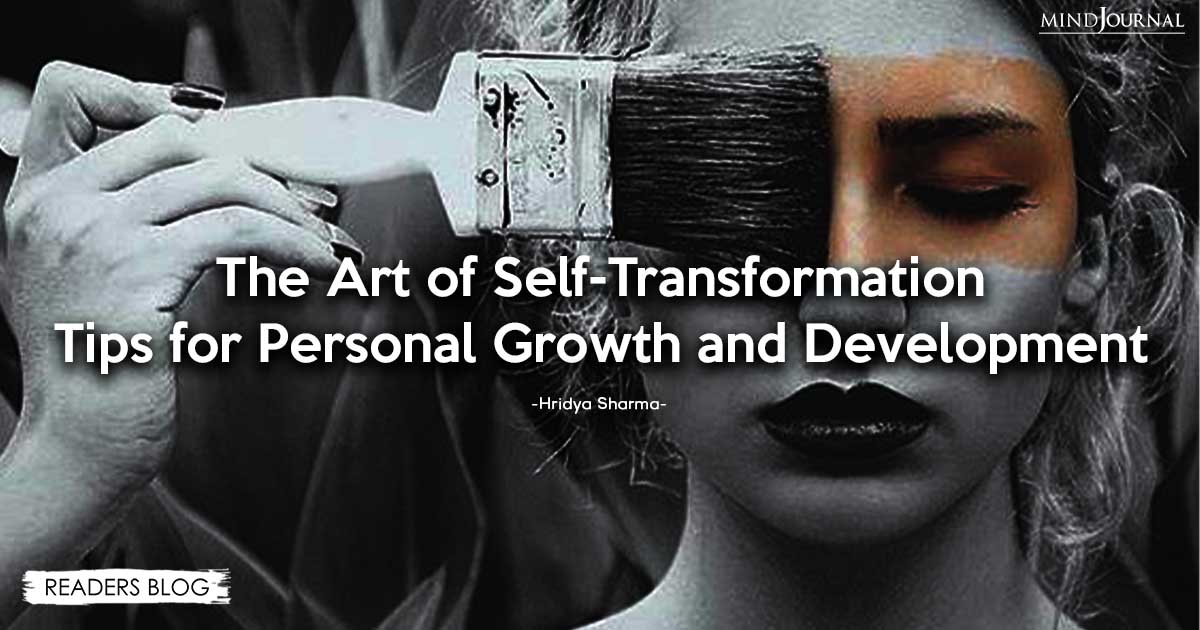Charity is about being selfless and about pure altruism – two values that are somewhat rare in our society, and this is why it is so valued and respected. Volunteering is a good way to personally contribute to a cause you’re interested in as well. There is also something very satisfying about giving back and being able to feel like you did your part, but the benefits go well beyond that. Here are 5 reasons why giving to charity can benefit your mental wellbeing.
1. It Feels Good
Giving to charity makes us feel good, and it’s more than just an impression. Apparently, MRI scans of donors’ brains show that the mesolimbic system lights up when they give. This is the part of the brain associated with rewards and pleasure.
This is also part of the brain that is activated by food and drugs interestingly, but giving money to a cause is a far healthier choice. It has also been found that regular giving can generate a steady flow of positive emotion that reduces your risk of depression.
This is why charities should encourage donating instead of seeing it as an imposition. There are benefits for charities, too. For example, tools like MobileAxept allow churches to collect tithes digitally, and this can increase your donations by a third. This is due to the simplicity of it and the ability to set up recurring donations. It features a Text To Give Church option that connects seamlessly with donor management systems.
2. It Contributes to Greater Self-Esteem
Simply put, self-esteem is about feeling good about yourself and what you’re doing. You can experience it when you’re helping loved ones, though full-time caregivers can become overly stressed. However, you can also achieve greater self-esteem by volunteering for various organizations.
Note that the benefits are greater when the work is voluntary, so teenagers dragged along to the food bank won’t get as much out of it as you if they are not actually invested in the cause. So, if you want to teach your younger ones how to give back, don’t make it a chore, and start small.
Also, try to find causes that will be close to them, like volunteering at an animal shelter, for instance. This will allow them to develop the ability to give without asking for anything in return. This will also create a positive association with charity and volunteering in their heads.
If you’re feeling lonely and isolated, volunteering reduces these feelings because you’re able to bond with others and are working toward the same shared purpose. You could also realize that you were never truly an introvert; you simply haven’t found your tribe yet.
3. It Provides a Sense of Purpose
Hopelessness and depression can weigh you down after a while, but finding your purpose can improve your mood. Instead of searching for a passion, volunteer for various charities and see what you like doing. The group you’re assisting needs you, and having someone needing you and being so thankful for your help could change your whole perspective on giving. Furthermore, you can seek out purposeful volunteer roles like tutoring or mentoring if you want to make a real change.
Charity can help you recover from grief, too. For example, providing practical assistance to others, whether giving money or driving them to the doctor’s office, can help you to re-engage with the community after suffering a traumatic loss. This is why older people who volunteer have lower odds of passing in the next two years than those that don’t. For younger adults, it can build their self-confidence as well as their self-esteem.
4. It Contributes to Better Physical Health
Did you know that self-esteem issues and depression are linked to heart disease and high blood pressure? This is why volunteering and charitable work will not only improve your mental state but your overall health by proxy.
Studies have also shown that regular volunteering correlates to a lower BMI, lower blood sugar, and lower cholesterol. This reduces your risk of a heart attack, diabetes, or stroke. Furthermore, getting out and volunteering improves elasticity in the brain, reducing the risk of dementia. All of this adds up to a longer average life span for volunteers than those that don’t.
5. It Can Help You Maintain or Improve Your Skills
Charity is associated with hard work. If you get involved with a charity, you have the opportunity to enhance your personal and professional skills. Simply showing up on time, working the shift you signed up for and doing a good job keeps you in the right mindset if you’ve been out of the job market for a while. Volunteering may allow you to learn new skills.
Volunteering and giving to charity benefits others. However, these actions will benefit you personally as well.








Leave a Reply
You must be logged in to post a comment.